Y20 South Africa 2025, under the theme "Youth for Global Progress: Uniting for Solidarity, Championing Equality, Driving Sustainability," aims to empower young leaders to shape global policies that reflect the priorities of youth. Y20 South Africa will serve as a platform for dialogue, collaboration, and action, ensuring that young voices contribute meaningfully to global decision-making. The summit will focus on five key thematic areas that align with South Africa’s G20 Presidency agenda.
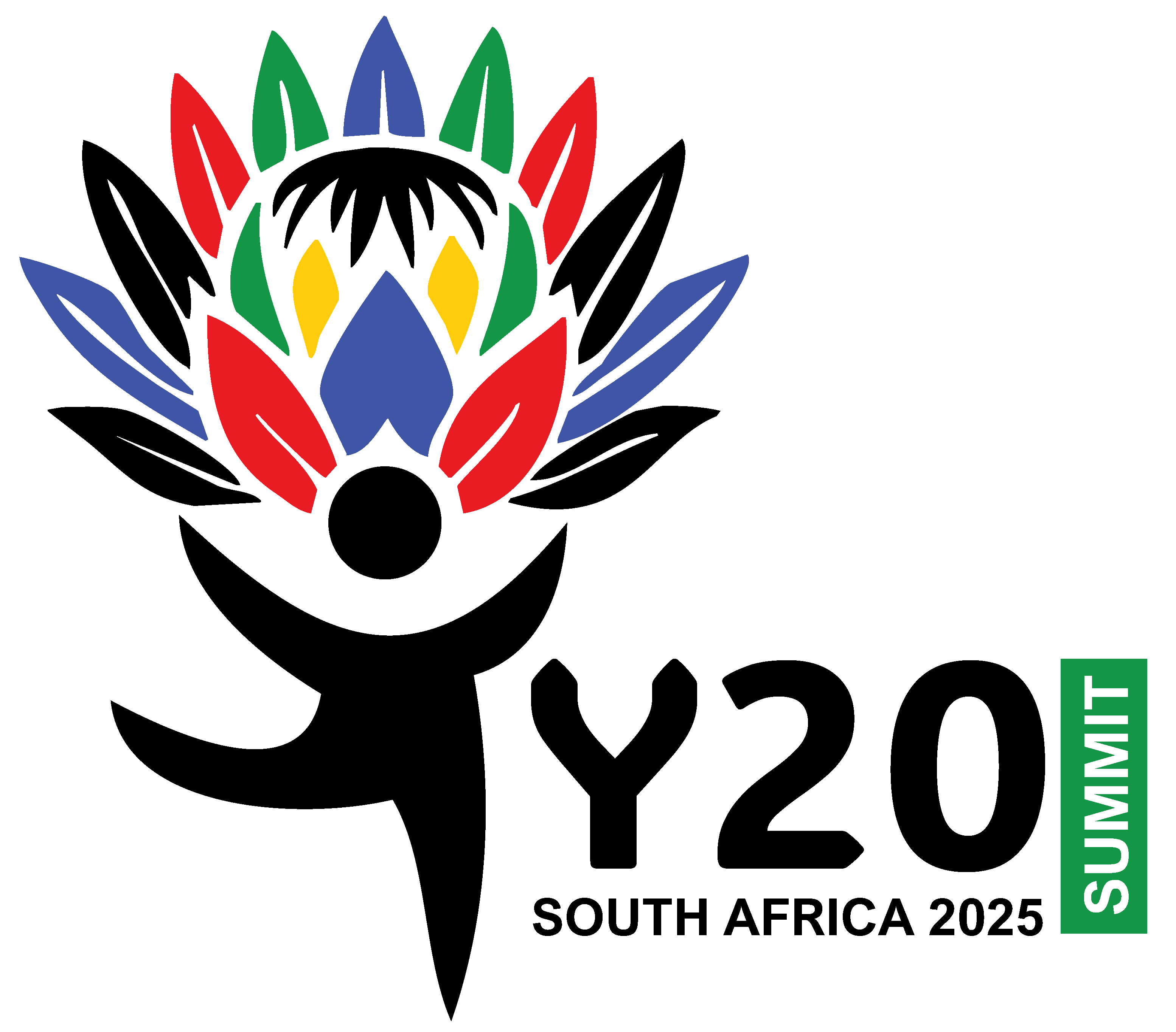
Birchwood Hotel & OR Tambo Conference Centre.
Keynote Address
Hon Sindisiwe Chikunga, Minister in the presidency for Women Youth and Persons with Disabilities.
UN Technical Briefings. Thematic Track Overviews (Track Co- Chairs).
Outline the day and how it will unfold, noting parallel processes occurring.
Hon Stella Ndabeni, Minister of Small Business Development of South Africa.
OXFAM South Africa - #TaxTheSuperRich: Africa’s Call for Justice, Equity, and Global Accountability.
Networking.
YD Collab - Rewriting the Rules: Youth Ecosystems Powering Inclusive Economic Growth.
Moderator: Thamsanqa Masingi, Community Manager at YD Collab.
Lunch break
All 5 tracks
SAIIA - Shaping Tomorrow: Transformative Youth Futures.
Outline the day and how it will unfold, noting parallel processes occurring.
Youth as Catalysts for Sustainable Development: Skills, Innovation, and Inclusion” Powered by Foodbev.
Moderator: Dumisile Le Roux
LCOY SA 2025 - Just Transition: Urban Pathways to Climate Justice.
Moderator: Nontuthuzelo Nikiwe, LCOY SA 2025
Live Podcast Session: Topic – Youth Engagement.
Presenters: Lerai & Another.
Networking
Shared Language across Themes.
Brave Movement - Beyond the Screen: AI, Online Safety, and Skills for a Safer Digital Future.
Pathways that Work: Youth Solutions for Inclusive Economic Development & Employment – Powered by NYDA
Moderator: Dumisile Le Roux
Constitutional Hill, Sci-Bono Discovery Centre and OR Tambo Narrative Center
Outline the day and how it will unfold, noting parallel processes occurring.
Read-through & edits. Consensus building.
Reflections on the Summit and on embedding actions from the Y20
Discussion on Consensus Building Approaches and experience of negotiations. Members from different delegations.
Commitments to take Y20 recommendations forward
Hon. Mapaseka Steve Letsike, Deputy Minister of WYPD.
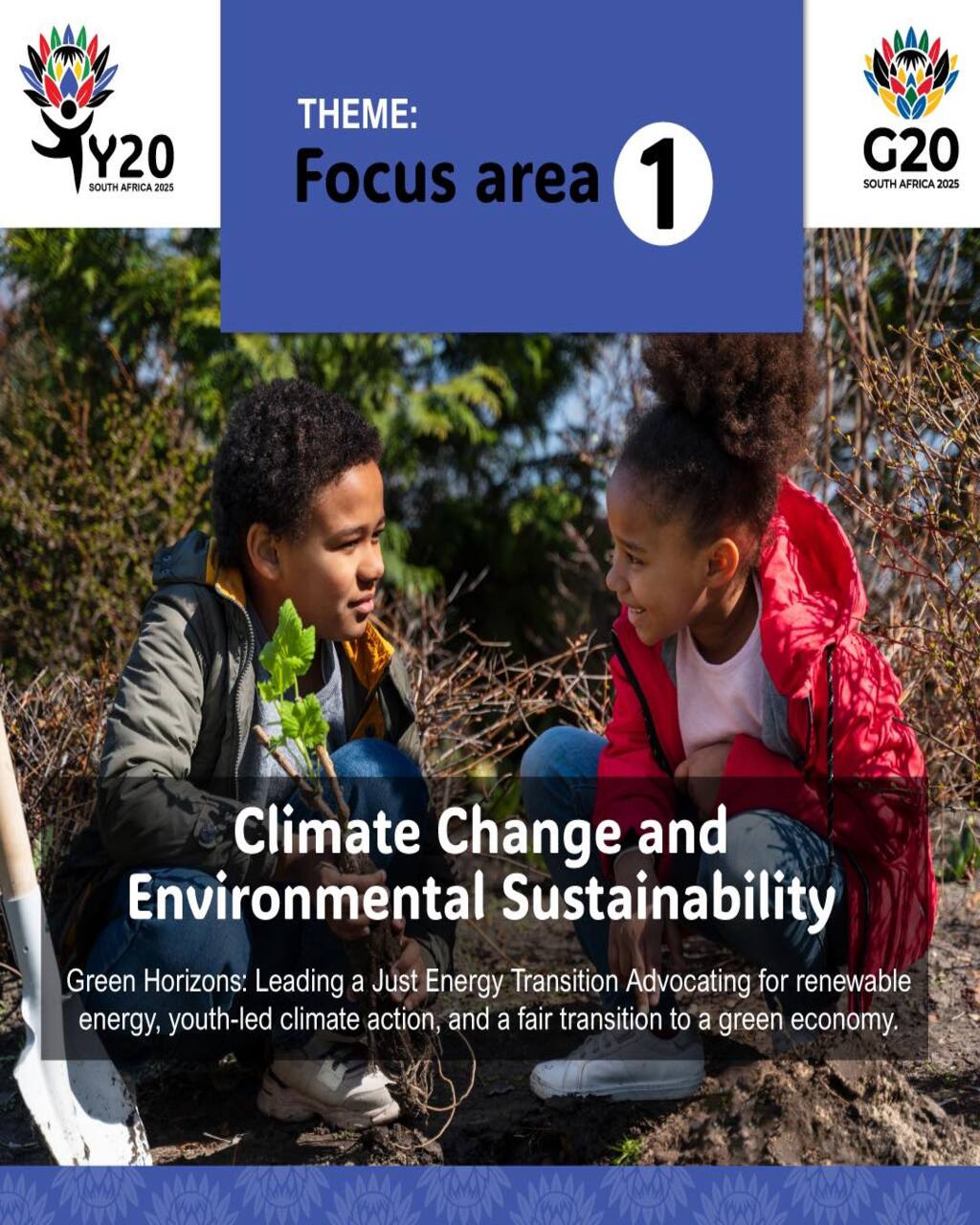
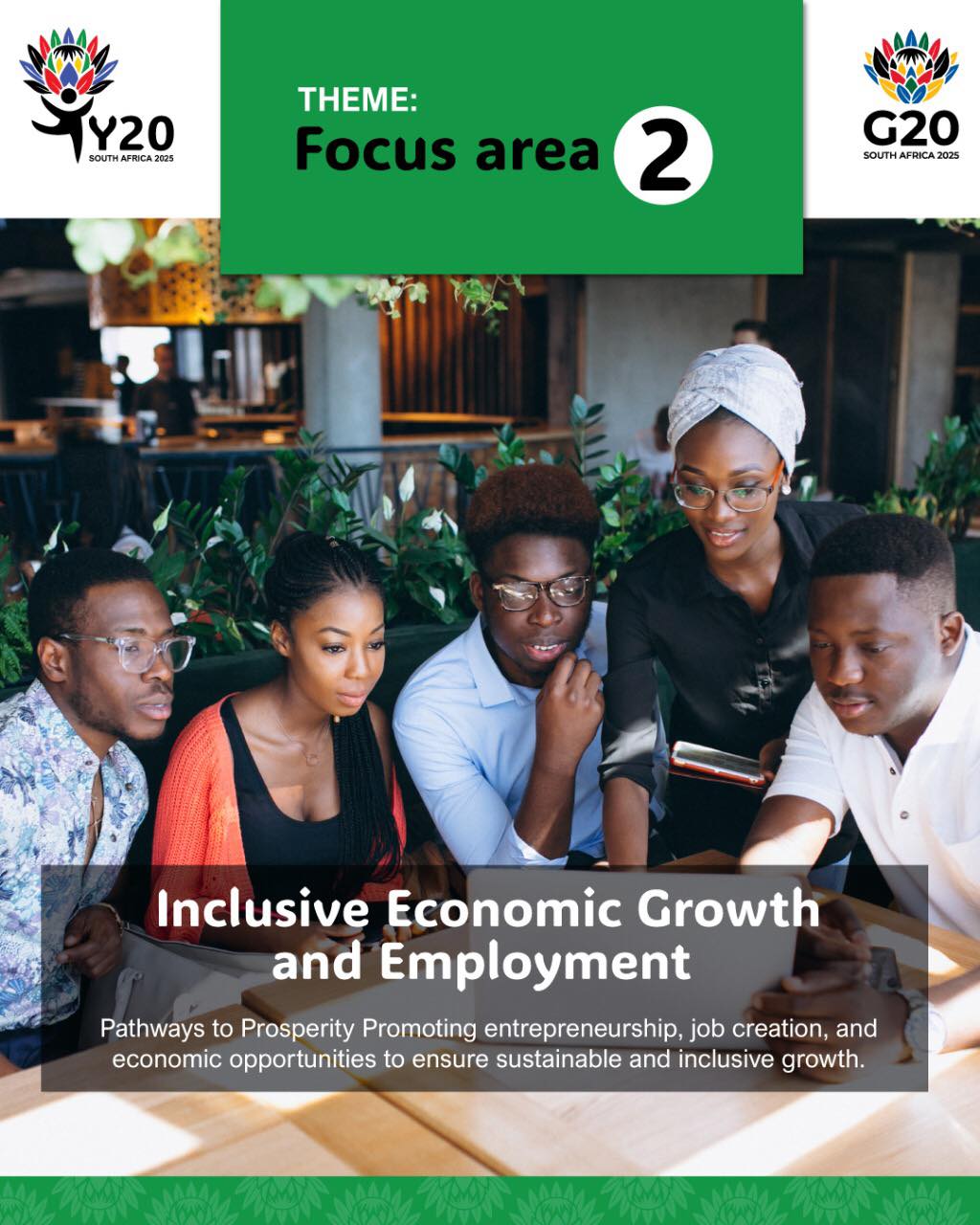
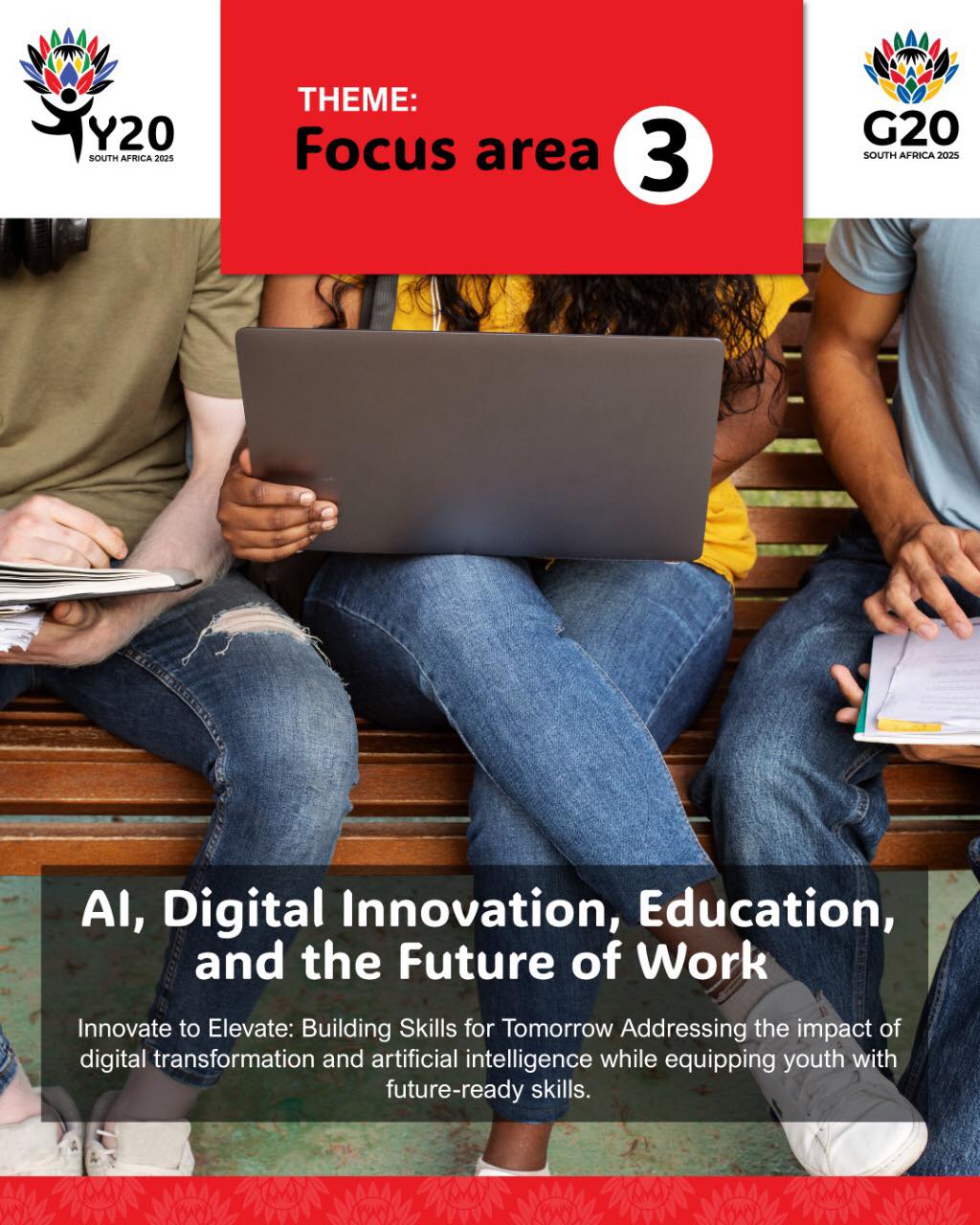
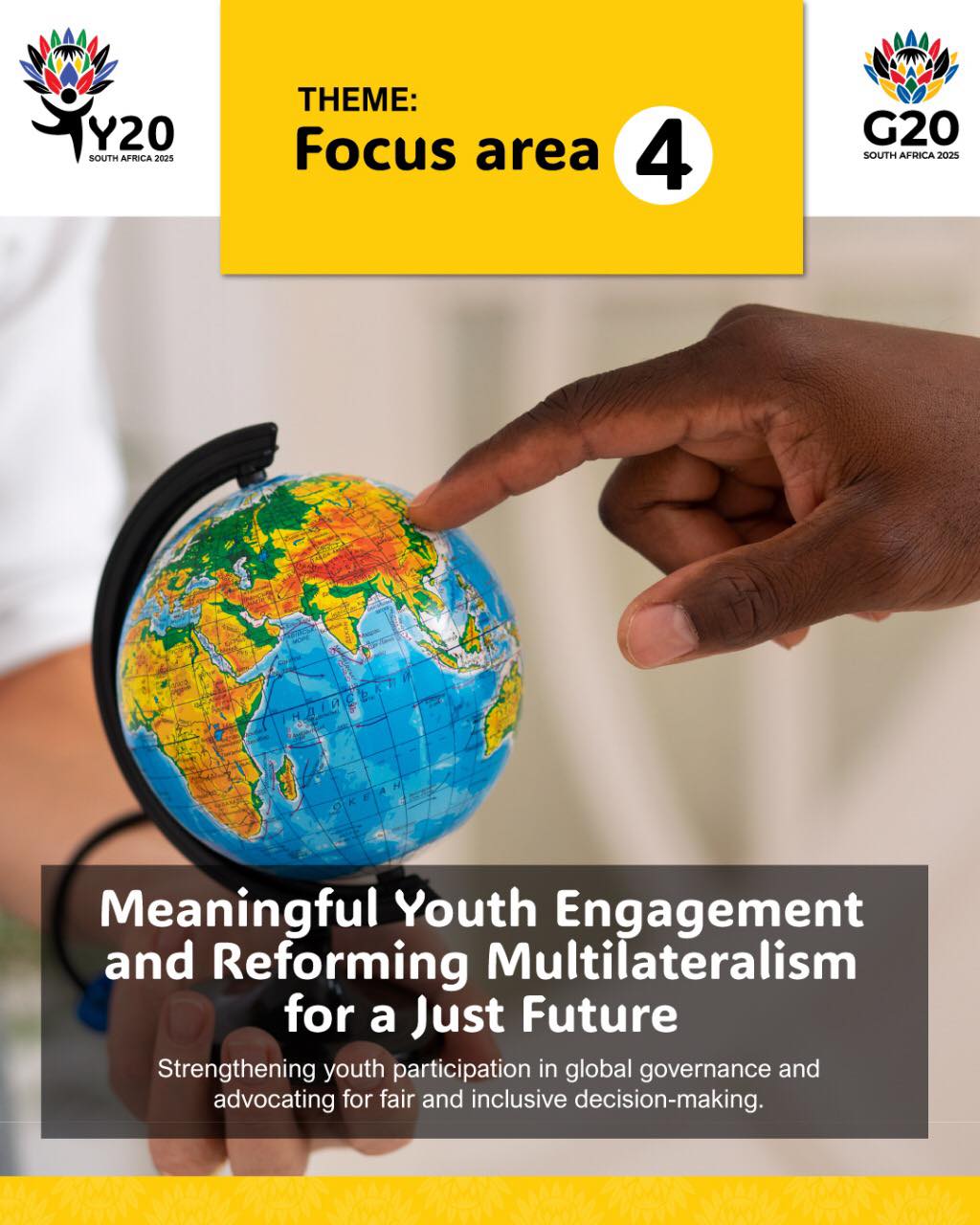
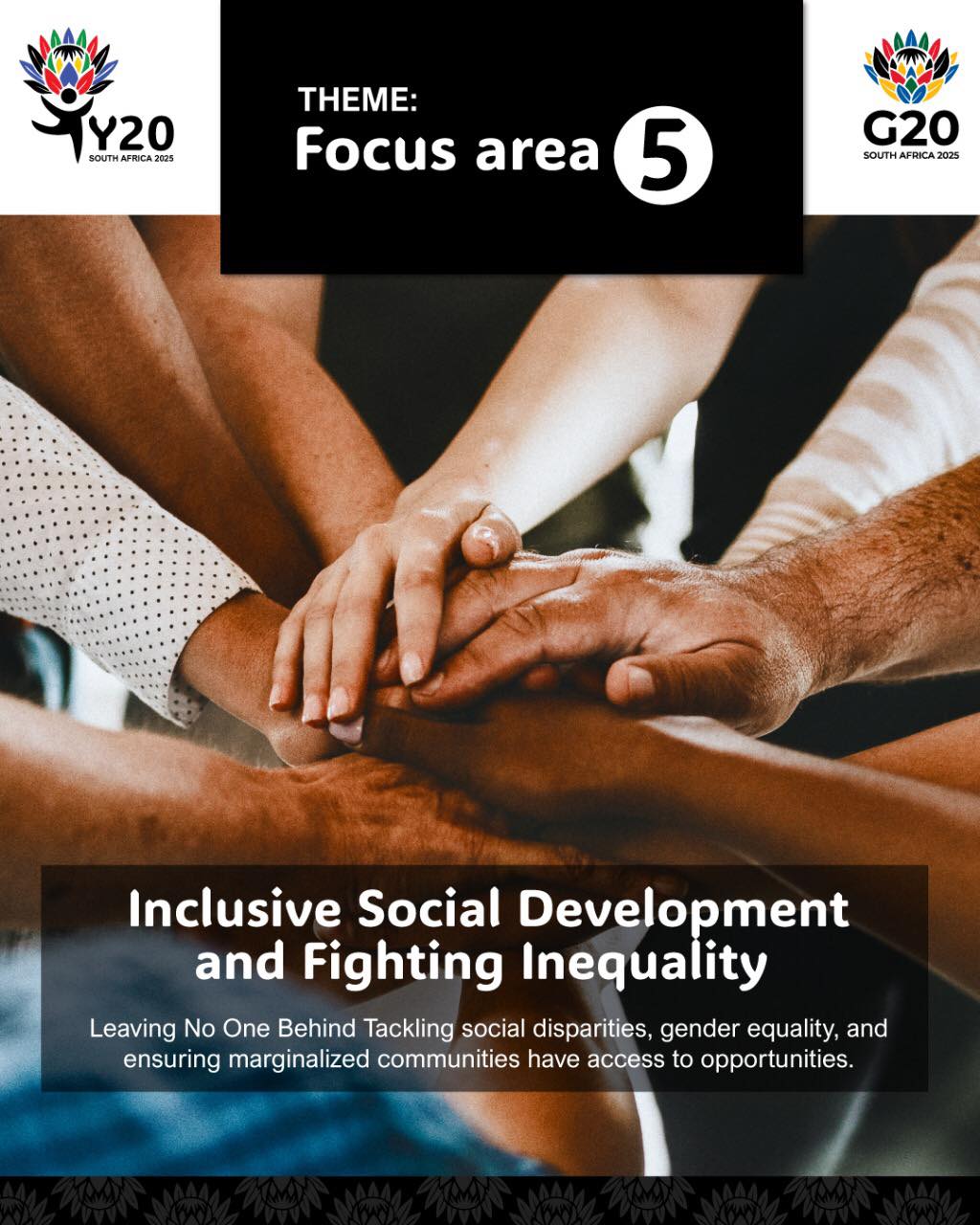
Chair

Raymond Matlala is a seasoned professional with over a decade of experience in international youth diplomacy, business, and policy development. He is a PhD candidate in Business Administration and has played a pivotal role in global youth engagement, particularly through his extensive involvement in the G20 and BRICS. His expertise in international cooperation, youth leadership, and policy advisory has positioned him as a thought leader in shaping youth-driven policy frameworks worldwide. He is currently the executive chairman of the South African BRICS Youth Association and Board Chair of the World Youth Summit NPC, an organization with consultative status at ECOSOC.
The South African Y20 Summit will present the communique on youth priorities, providing G20 leaders with direct insights into the aspirations, concerns, and recommendations of the continent’s youth.

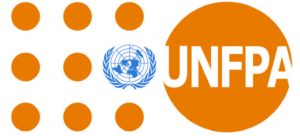
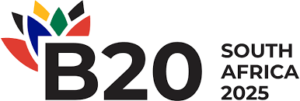
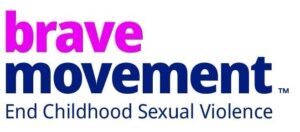
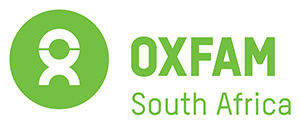

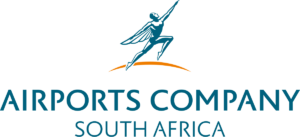
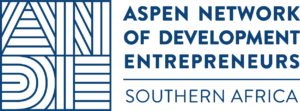


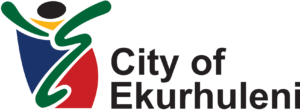
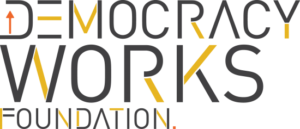

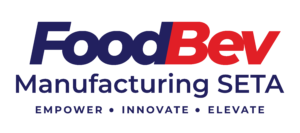
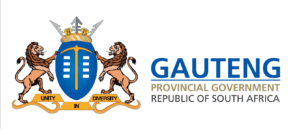
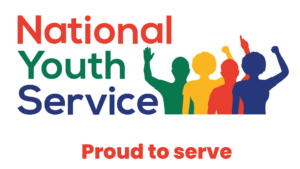
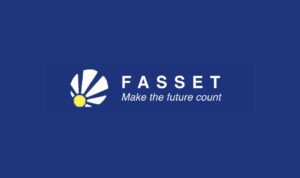
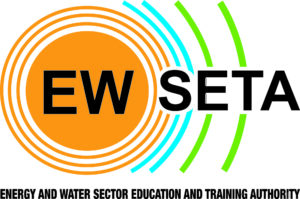


















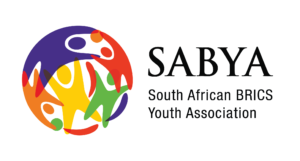
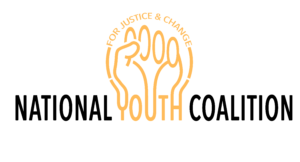
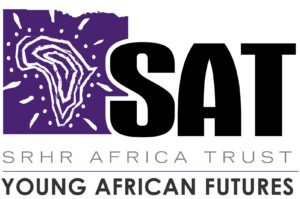
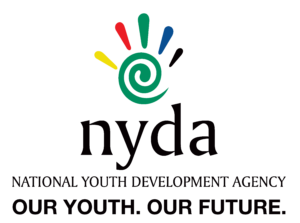

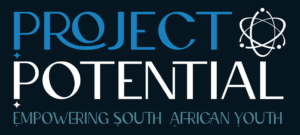
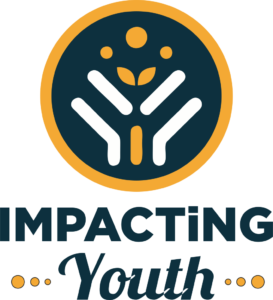
G20 stands for “Group of Twenty”. The G20 brings together the countries with the largest economies in the world. The member states meet annually to discuss economic, political and social initiatives. The group defines itself as the main forum for international economic cooperation (agreement reached by the leaders at the Pittsburgh Summit in September 2009).
The G20 Summit is a meeting between the Heads of State or Government of member countries. The term “Summit” comes from its English definition and refers to the highest point of a mountain. The Summit is therefore the culmination of more than hundred G20 meetings over the course of a year.
The G20 Leaders’ Summit was established in response to the global financial crisis that occurred in the wake of the collapse of the Lehman Brothers bank. The existing G20 Meeting of Finance Ministers and Central Bank Governors was upgraded to the Heads of State level, and the inaugural G20 Summit was held in Washington DC in November 2008. From thereon, Summit meetings were held semi-annually until 2010 and annually from 2011 onwards.
Preparations for the G20 Summits revolve around “sherpas,” who are official representatives of leaders of participating members. The term “sherpa” has its roots in mountain climbing, and it refers to an assistant who guides climbers to the summit of a mountain. G20 sherpas, through their close communication, proceed with the preparations for a successful summit meeting.
The G20 has annually rotating presidencies. Brazil handed over the G20 Presidency to South Africa on 1 December 2024. South Africa will in turn hand over the Presidency to the United States in December 2025.
The G20 is made up of 19 countries (Argentina, Australia, Brasil, Canada, China, France, Germany, India, Indonesia, Italy, Japan, Korea, Mexico, Saudi Arabia, South Africa, Russia, Türkiye, UK and USA) and two regional bodies: the African Union and the European Union. The members of the G20 represent around 85% of the world’s GDP, more than 75% of world trade and around two-thirds of the world’s population. In addition, invited guest countries and international organisations participate in the G20.
The G20 Engagement groups are the civil society participation in discussions and policy formulation related to the G20. This includes the activities of 13 engagement groups, coordinated between the political and financial tracks and non-governmental actors, allowing participants to contribute to the group’s policy formulation process. The engagement groups are:
In this track, finance ministers and central bank leaders deal with seven technical groups:
The Sherpas Track consists of 15 working groups. The working groups are:
The G20 operates differently from traditional international organisations, with two main approaches: the Finance Track and the Sherpa Track. The Finance Track is led by the finance ministers and central bank presidents of the countries in the group, who meet at least four times a year (two of them in parallel to the general meetings of the World Bank and the International Monetary Fund). The sherpas, who lead the other track, are the personal representatives of the G20 leaders, responsible for overseeing the negotiations, discussing the items that make up the summit’s agenda and coordinating most of the work.
The G20 troika system was officially adopted at the Cannes Summit (France) in 2011 as the framework for steering the G20 process. The “troika” consists of the current, previous, and next G20 presidencies and the three members cooperate with one another in preparing for the G20 Summit. During South Africa’s presidency, we will work closely together with Brazil (2024 presidency) and the US (2026 presidency).
While the G7 is made up of rich countries, the G20 manages to get leaders from both developed and emerging economies around the table, representing a far broader range of views. It has been credited with reaching important agreements such as the trillion-dollar pledge in 2009 to help struggling economies during the global financial crisis.
South Africa plans to host around 130 meetings of the working groups and task forces that make up the G20, both face-to-face and virtual, at technical and ministerial level across all provinces of the country.
The G20 Leaders’ Summit is scheduled for November 2025 in Johannesburg.
Priorities that South Africa’s Presidency of the G20 intend to address are guided by the overarching theme of “Solidarity, Equality and Sustainability”.
Solidarity – signifies a unified effort and mutual support among member nations. It is the recognition that in an interconnected world, the challenges faced by one nation can have ripple effects globally.
Equality – refers to ensuring fair treatment, opportunities, and advancement for all individuals and nations, irrespective of their economic status, gender, race, geographic location, or other characteristics.
Sustainability – is about meeting the needs of the present without compromising the ability of future generations to meet their own needs. It integrates economic growth, social inclusion, and environmental protection, ensuring long-term health and stability of all people and our planet. As major global actors, G20 nations play a pivotal role in driving sustainable development agenda.
South Africa’s G20 Presidency will drive the following high-level deliverables, and priorities, which will find expression in the work of the Sherpa and Finance Tracks